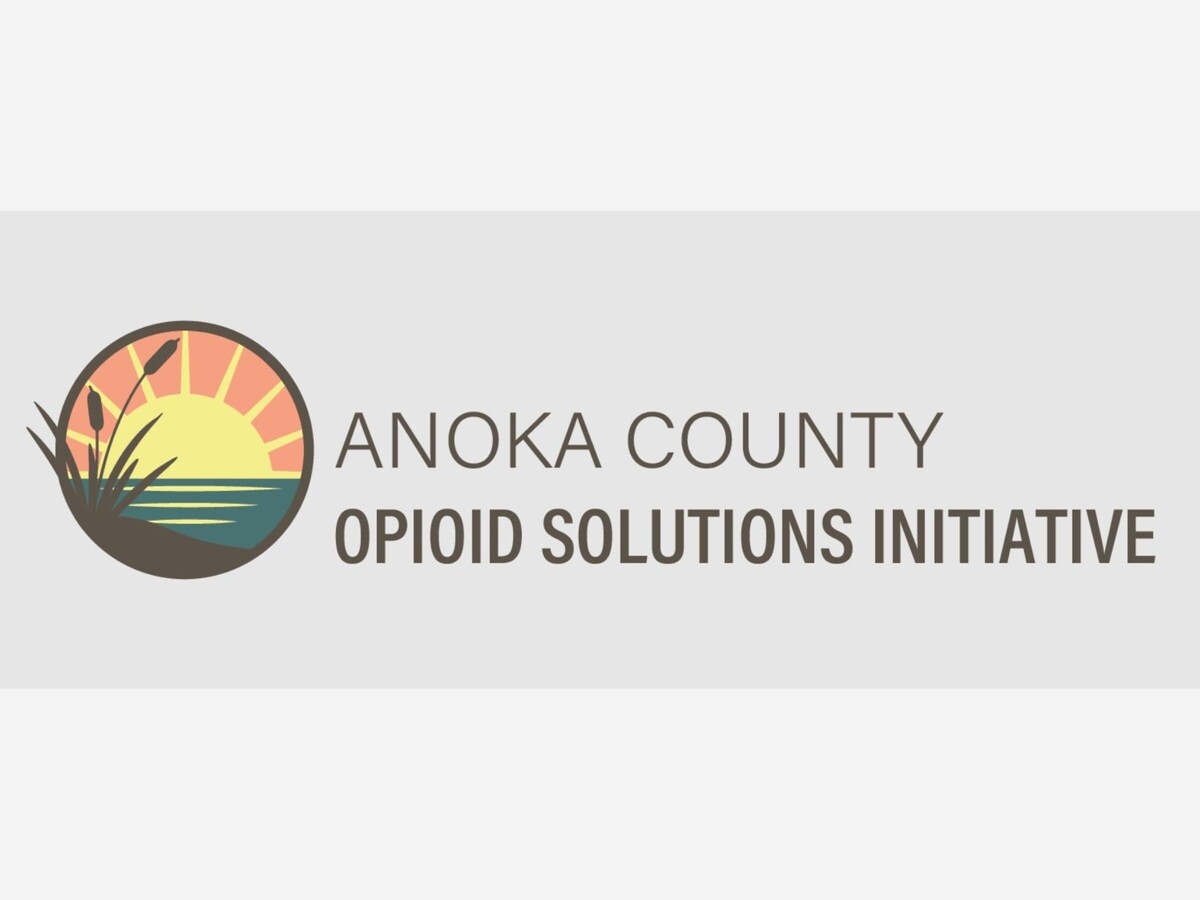Image

An Anoka County project will expand access to a potentially life-saving drug that reverses the effects of an opioid overdose.
The Anoka County Board June 24 approved a contract with the Steve Rummler HOPE Network to manage and track distribution of naloxone, also known as Narcan, to designated access points and Automated External Defibrillator locations, as well as provide training in administering the drug.
In addition, the project will provide free fentanyl test strips.
It is part of the Anoka County Opioid Solutions Initiative, which was created by the county’s public health and environmental services department to respond to the misuse of drugs in the county and to help improve health, save lives and reduce the impact of opioids and other substances.
ACOSI, whose advisory council comprising a variety of professionals and people with life experiences meets monthly, also manages the $18 million in federal opioid lawsuit settlement funds the county is receiving over 18 years.
Randi Prebil: Courtesy LinkedIn
Randi Prebil, public health and environmental services assistant director, said that ACOSI is currently prioritizing naloxone training and distribution as a critical strategy to reduce overdose deaths in the county and the contract with the Steve Rummler HOPE Network will support its efforts in expanding community access to naloxone and providing high-quality, evidence-based training.
“This partnership will help ensure that more residents, service providers and community organizations are equipped with the tools and knowledge needed to respond to opioid overdoses effectively,” Prebil wrote in a report to the board.
The contract with Steve Rummler HOPE Network runs through May 31, 2027 and has not-to-exceed $100,000 cost each year.
Funding for the naloxone distribution will come not only from the county’s opioid lawsuit settlement pot of money, but also the statewide naloxone portal and the HOPE Network, said Patti Constant, ACOSI senior program manager, in an email response to questions.
“This shared approach ensures widespread availability and sustainability,” she said.
Constant said that there are currently more than 20 naloxone access locations in the county, including all Anoka County Library branches, with new sites being added as capacity allows.
A regularly updated map of access points can be found on the Steve Rummler HOPE Network website at steverummlerhopenetwork.org.
Each naloxone access point is independently registered with the Rummler network, while participating sites are responsible for monitoring supply levels and placing routine refill orders, Constant said.
Anyone interested in learning how to administer naloxone is eligible for training with free sessions offered by the Rummler network as well as other community-based partners in the county, she said.
ACSIO has not set a goal on the number of sites to be added over the life of the contract. “Rather than aiming for a specific number of access points, the focus is on equitable geographic distribution across the county, especially in underserved areas,” Constant said. “Efforts also prioritize establishing access points at locations open during the evening hours to increase accessibility.”
Commissioner Mandy Meisner: courtesy Facebook
Commissioner Mandy Meisner, lead commissioner for the board’s Human Services Committee of the Whole, said that the goal is to have a naloxone kit wherever there’s an AED station.
This is not the first project paid for from the county’s opioid settlement dollars. In November, ACOSI hosted a public event, “Spotlight on Opioids and Overdose,” and a similar program is planned for October.
In addition, the county has taken part in several community outreach efforts to provide education and distribute naloxone, while several foundational projects have been implemented at minimal cost to help build a variety of opioid prevention strategies and services.
Most recently, ACOSI completed its first request for proposal using the settlement funds. Over $700,000 was awarded to seven community-based organizations to implement a variety of opioid prevention programs and services, Constant said.
To promote awareness of the naloxone access points, the county is developing printed materials with QR codes that will link directly to location information.
These will be available at community events and through partner organizations, while the county is updating its opioid response webpage, www.anokacountymn.gov/ACOSI, to provide easy public access to resources, Constant said. So far, the county has received more than $6.7 million of the $18 million in opioid settlement dollars, but these funds are front-loaded with a larger portion distributed in the early years, so it must be carefully managed to support sustainable efforts over the next 18 years.
“We have established a strong foundation and developed a strategic long-term plan to ensure these funds are used effectively and responsibly to maximize community impact,” she said.
Everything is brand new with this initiative and the county is building a lot of capacity with the settlement dollars “to make sure there is a lot of wriggle room,” Meisner said.
While there has been a decline in opioid-related deaths in the county since 2022, when there were 64 fatalities compared with 39 in 2024, for every fatal overdose, it is estimated that there are at least 13 non-fatal overdoses, “demonstrating the continued urgency of prevention efforts,” Constant said.
The Steve Rummler HOPE Network is a St. Paul-based nonprofit organization that provides naloxone, education, advocacy and resources for opioid disorders and chronic pain.
SOURCE: Hometown Source